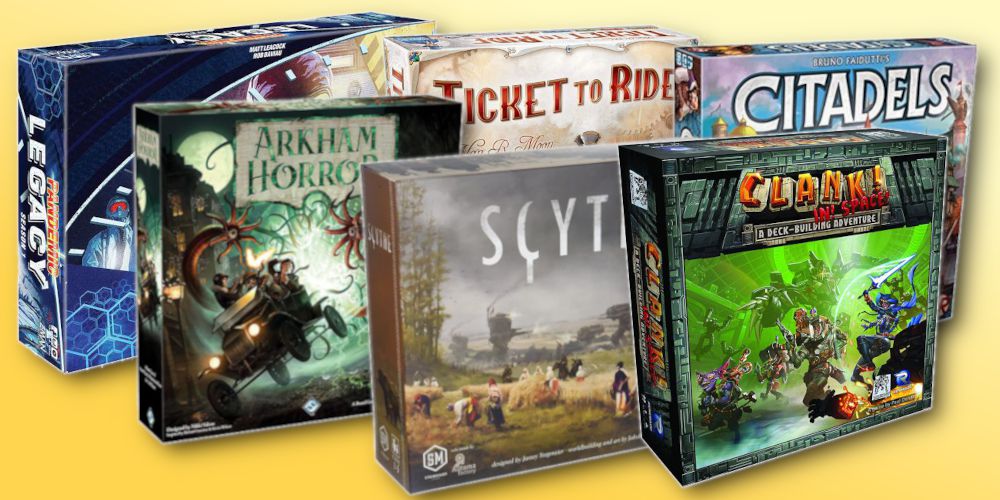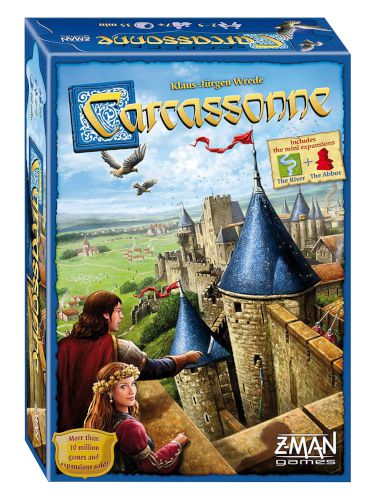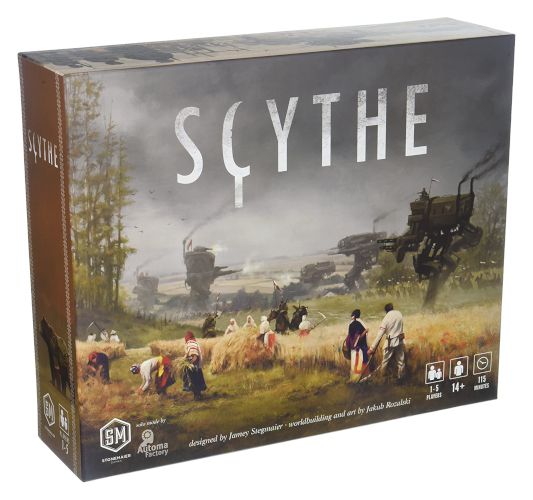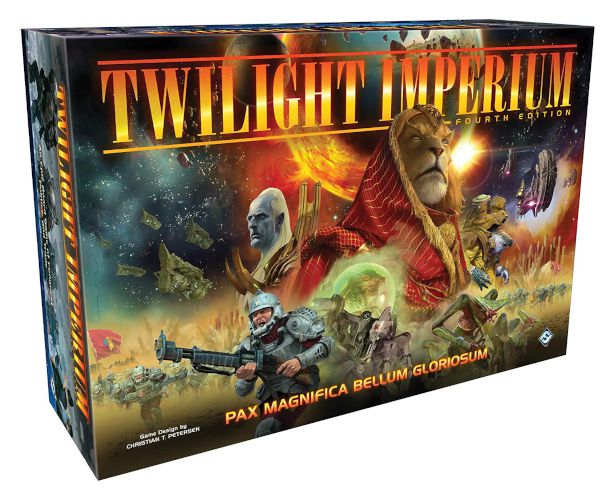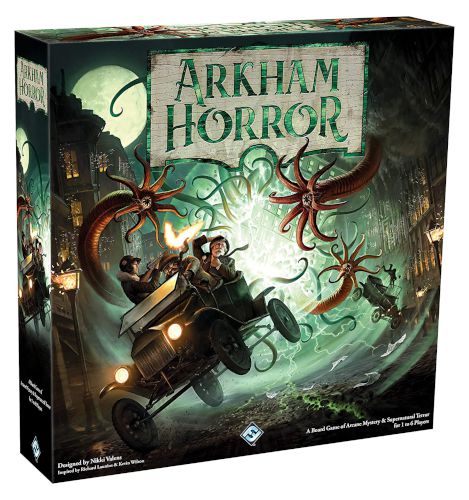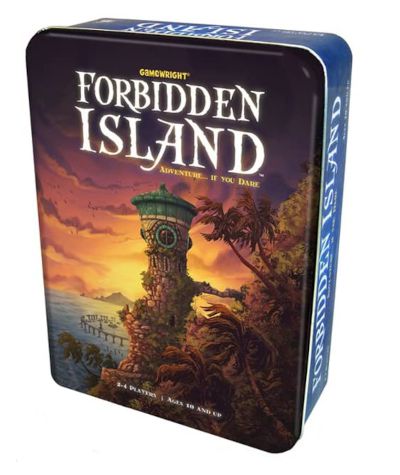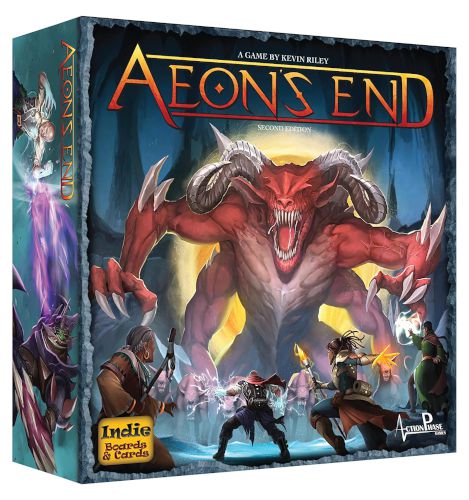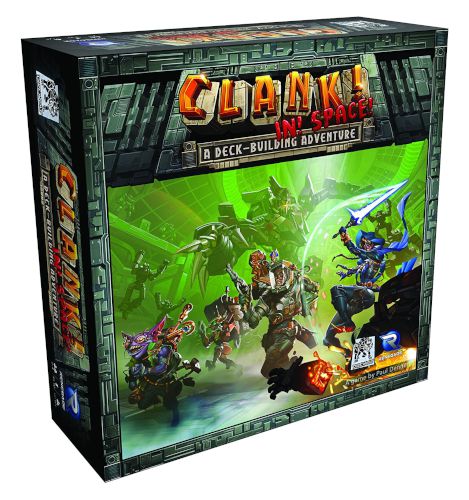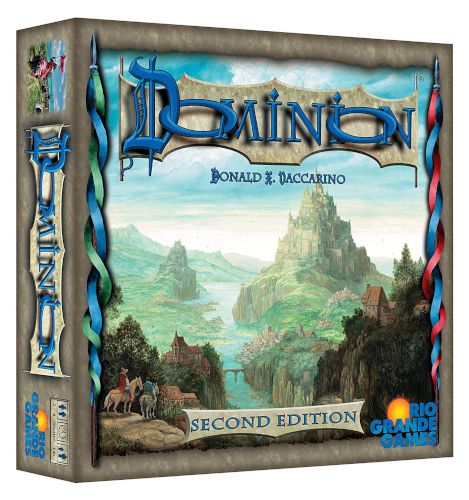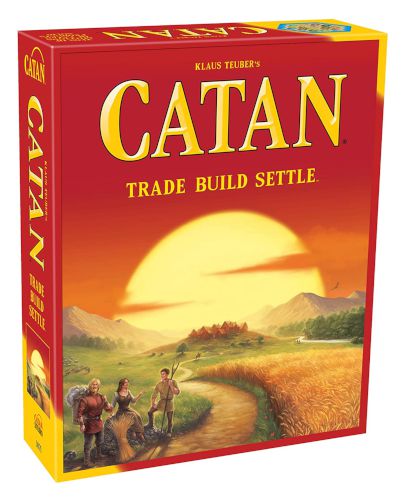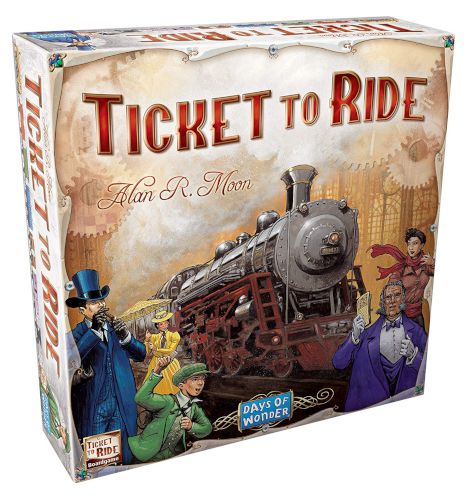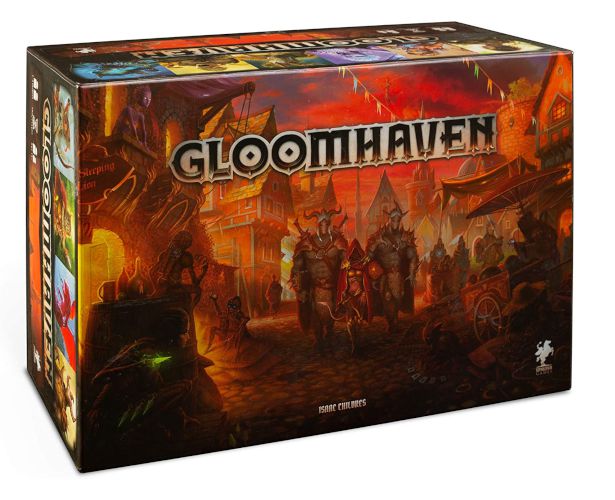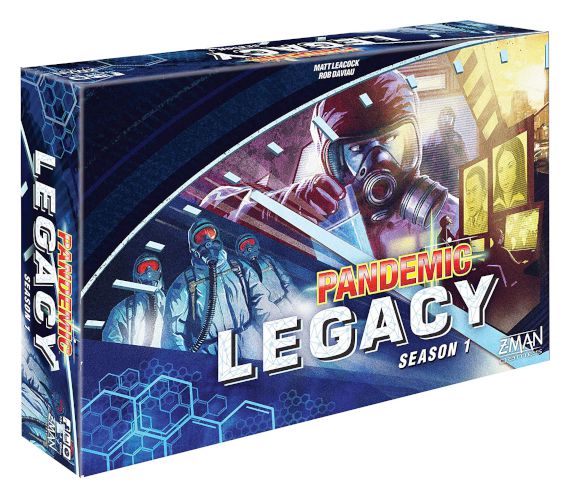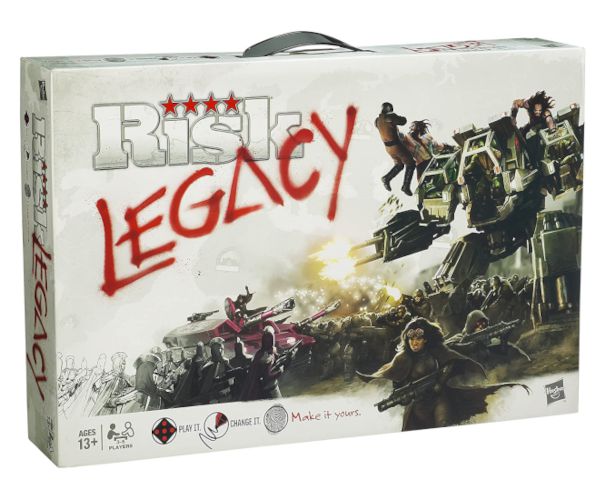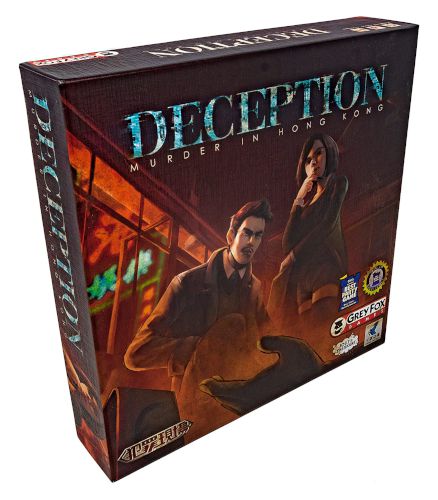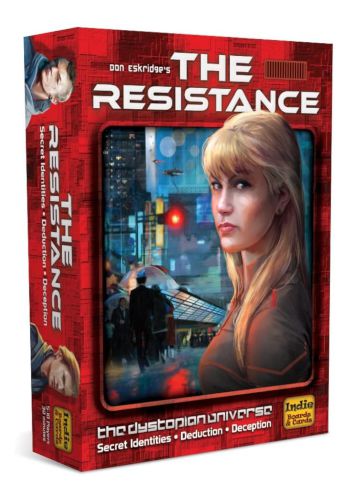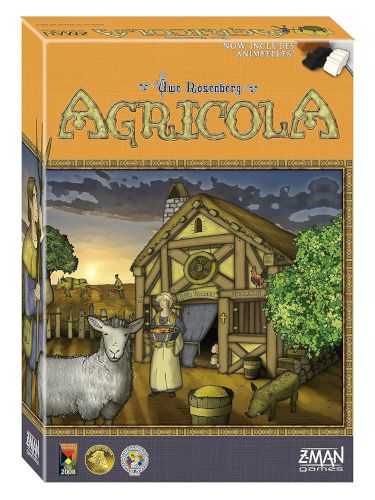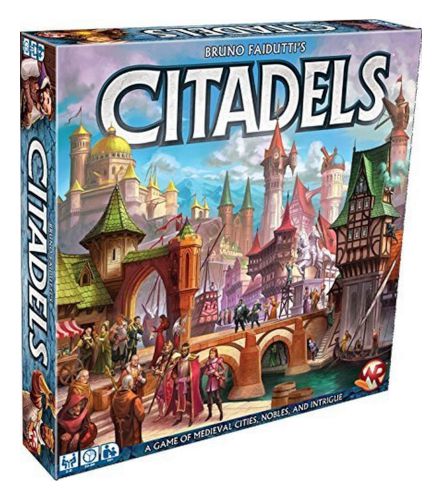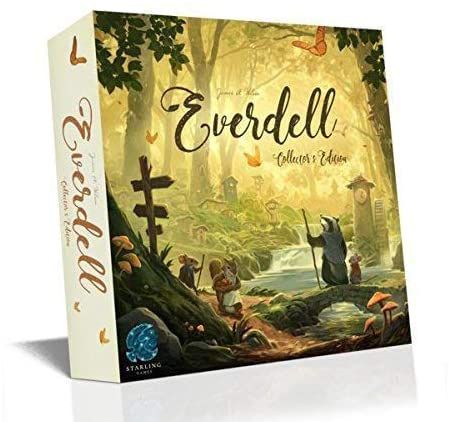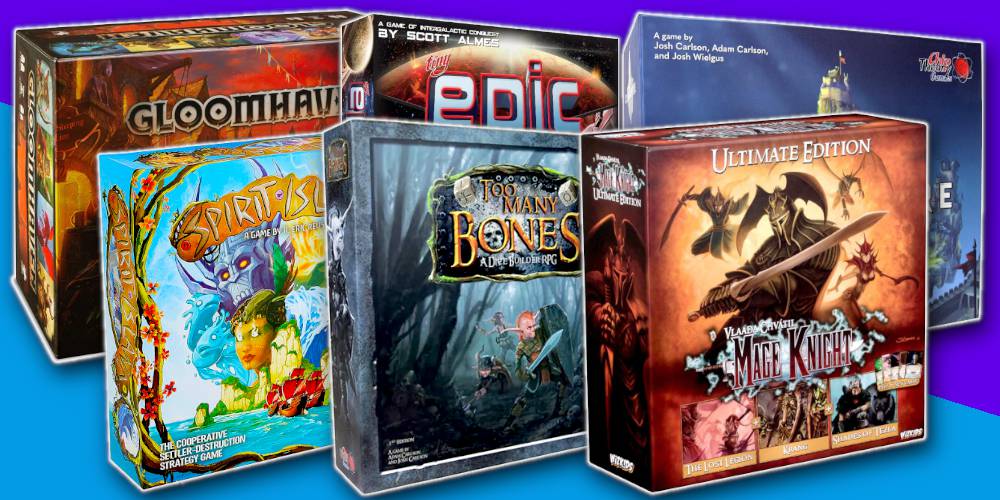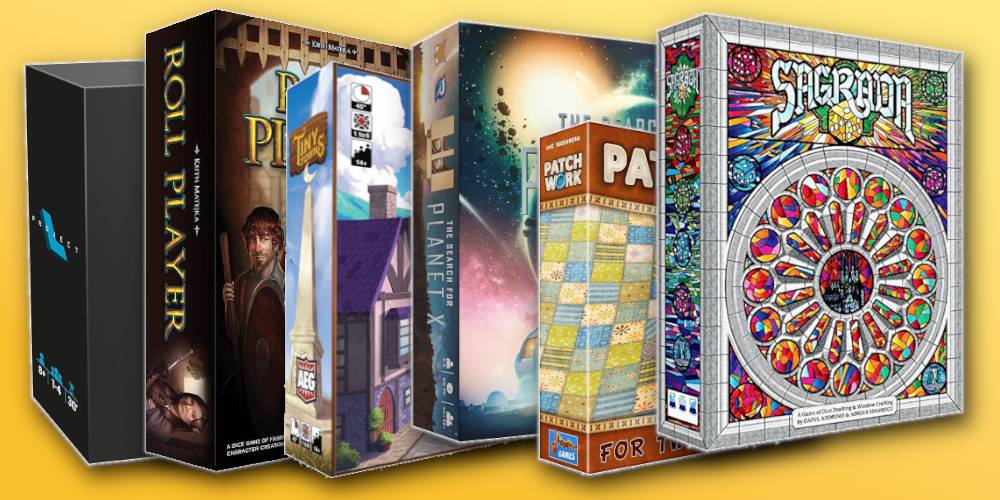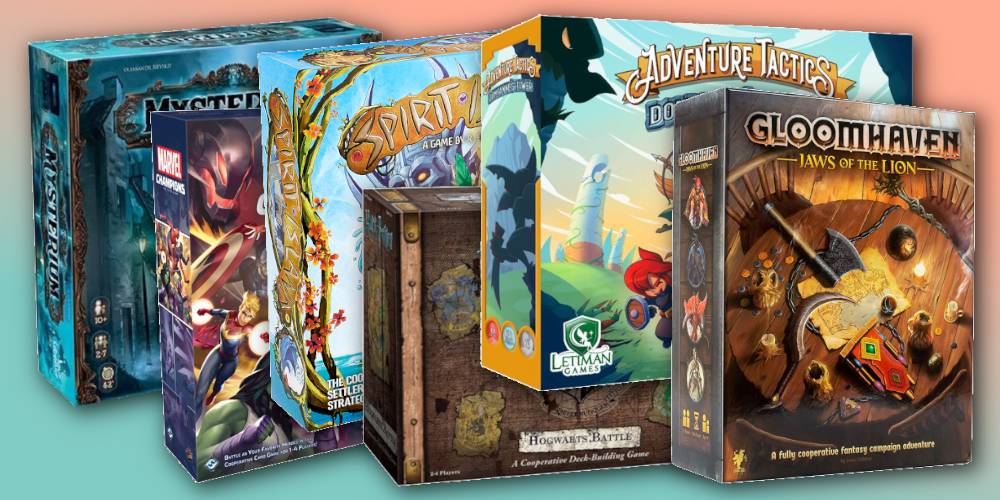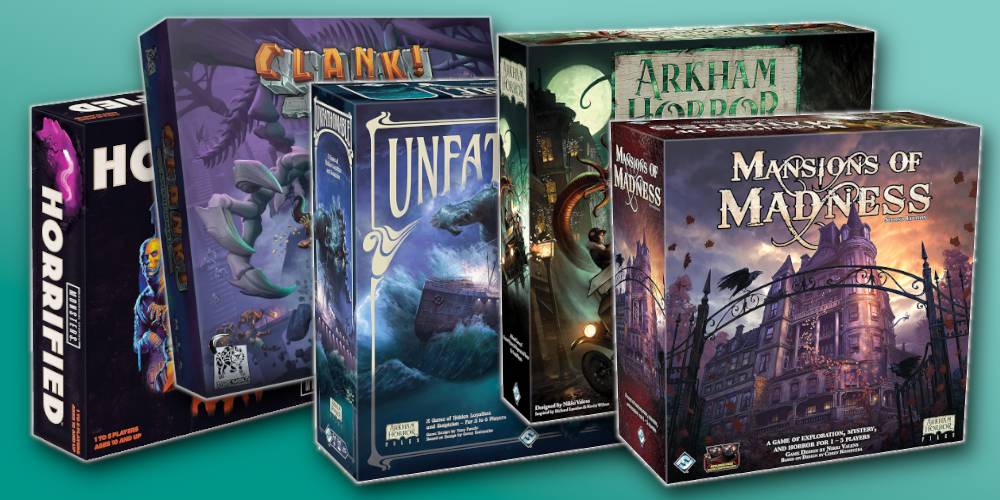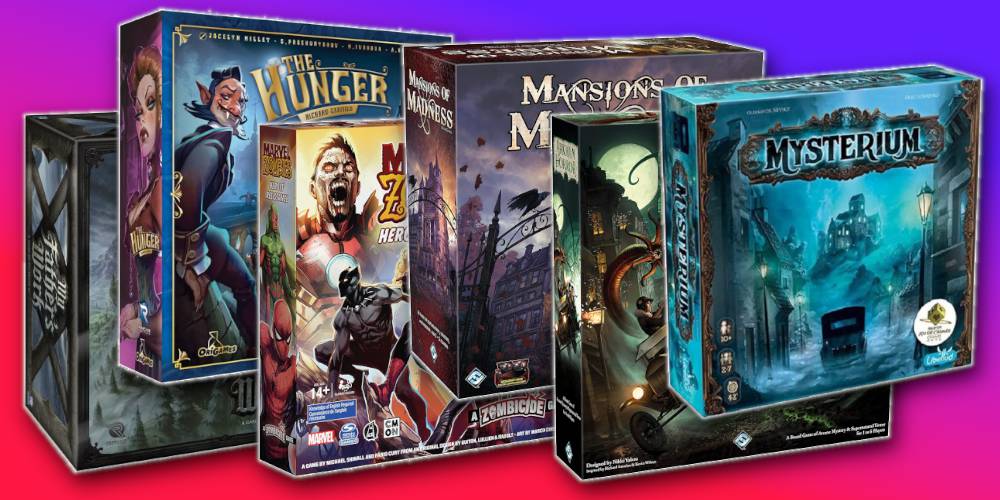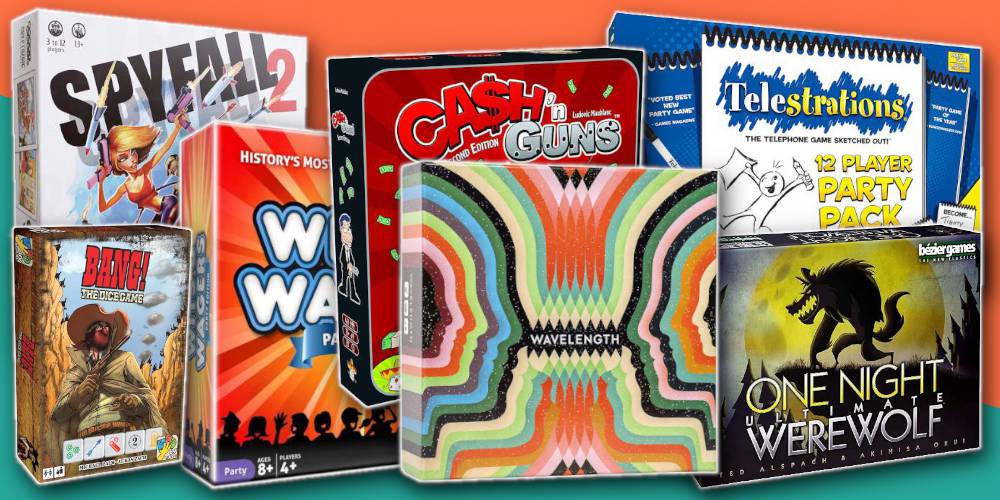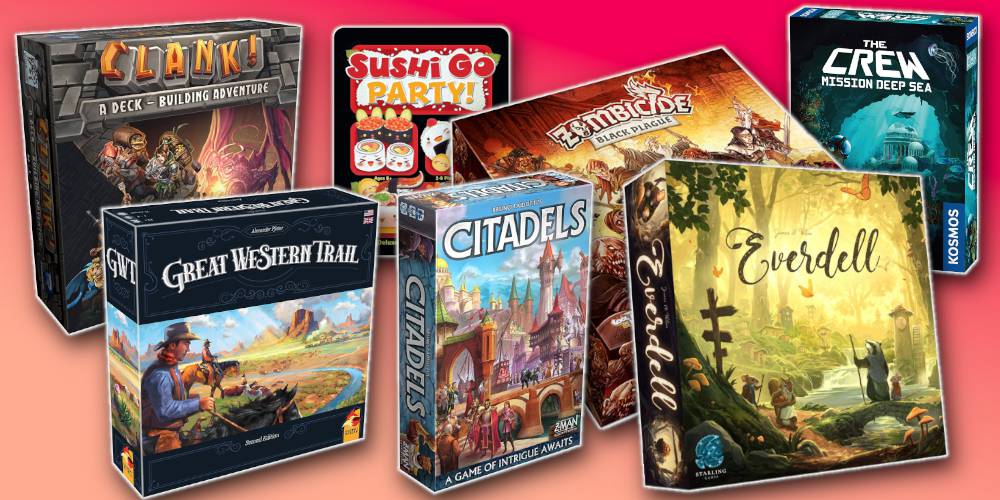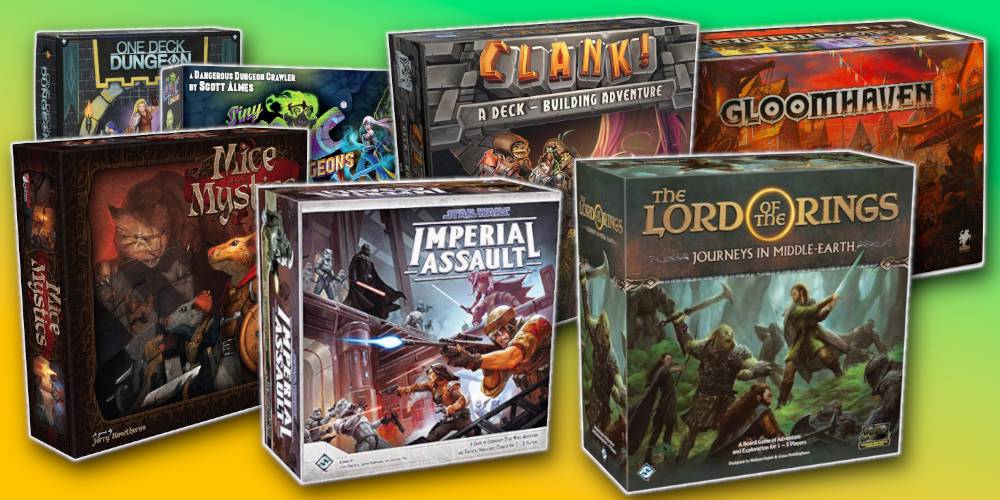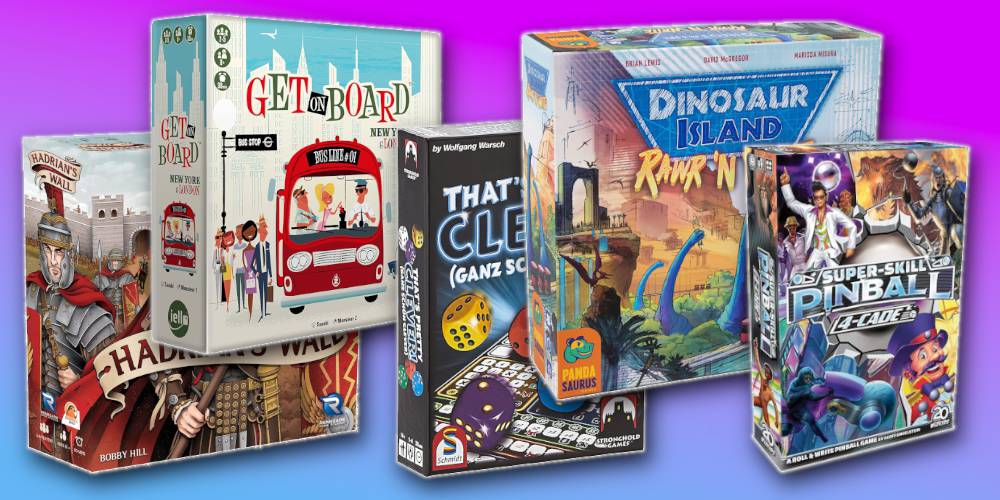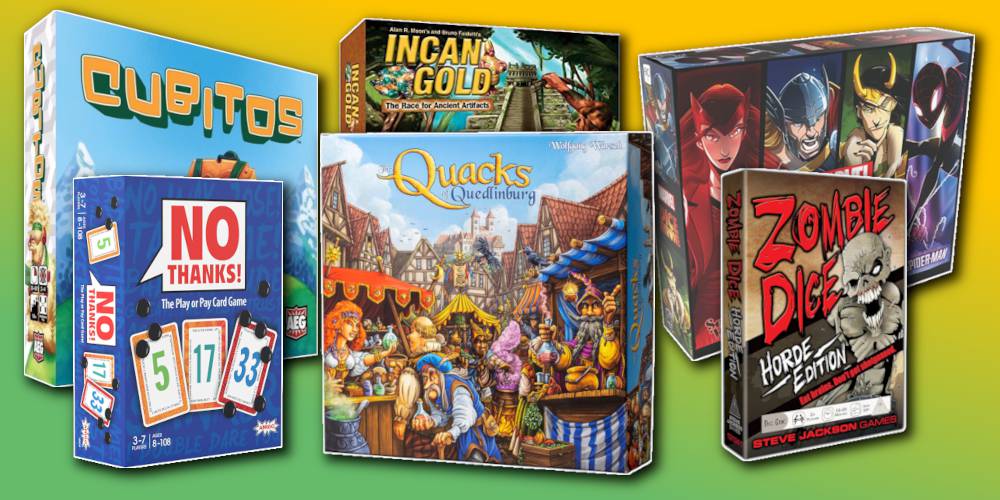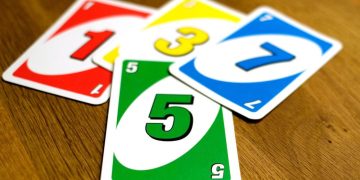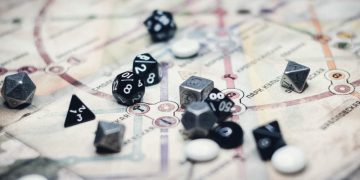Area Control Board Games
Area control board games challenge you to take over as many regions on the game board as you can.
The theme may differ from board game to board game, but they usually put you in the role of a leader, whether that means a dictator, an army commander, a squad captain, etc.
Gaining new territories doesn’t come without a fight, and you’ll often have to wage war against other players—or backstab them in politics—to get what you need to win.
Related:The most common board game terms, explained
Cooperative Board Games
More often than not, board games pit players against each other. If that’s not really your cup of tea, you can always dive into the rabbit hole of cooperative board games.
In cooperative board games (also called “collaborative board games”), you all work together to accomplish a shared victory. However, the game board and game mechanics often get in the way and make it difficult to do what you want to do.
Some cooperative board games have competitive sub-mechanics, so that even as you all work together, each player has their own independent goals they must also achieve in secret.
Related:The best cooperative board games for teamwork
Deck-Building Board Games
In deck-building board games, each player starts with a minimal deck of cards, where each card represents an action the player can take or fulfills some other gameplay purpose (e.g. gold, mana, victory points, etc).
On every turn in a deck-building board game, players earn additional cards that get shuffled into their existing decks. As the deck composition changes, the chance of drawing any given card changes, thus influencing strategies for future turns.
Unlike collectible card games, deck-building board games come with all cards already included. There’s no need to keep buying more cards—unless an expansion is released at a later time.
Related:The Best Deckbuilding Board Games and Card Games, Ranked
Eurogame Board Games
Eurogame board games (or just “eurogames”) are characterized by an emphasis on strategy, theme, and design.
The gameplay typically involves the strategic gathering of different resource types, which are then spent to take action. Depending on the board game, chance may or may not play a big role… but eurogames tend to not have much luck at all.
Another big commonality between eurogames is the lack of player-to-player aggression. There may be indirect conflict as players vie for the same resources, but eurogames rarely have direct combat.
Legacy Board Games
Legacy board games are unique among all board games because you make permanent, physical changes to the game board and game pieces as you play, which impacts the game rules and gameplay mechanics with each playthrough.
Legacy board games usually have a narrative component, and you’re forced to make important decisions at certain points. The choices you make determine how the board game changes—and that’s the “legacy” you leave behind.
Due to the always-changing nature of legacy board games, they can only be played a finite number of times. Once you reach the end, your legacy is complete and the results are set forever.
Related:What are legacy board games? Why are they so popular?
Social Deduction Board Games
Social deduction board games assign hidden roles to each player. Each role has its own victory condition, some roles may have special actions, and usually one role is a traitor of sorts.
The most exciting aspect of social deduction board games is the need to uncover the other players' hidden roles, mainly through logic and reasoning. Based on their player actions and their social interactions, you can start to see what they are.
Few board game genres offer as much tension and excitement as social deduction board games, which explains why they’ve become so popular and remain a favorite among many board gamers.
Related:The best social deduction board games
Worker Placement Board Games
The “worker placement” genre of board games might just be the most confusing of them all because the name is a bit of a misnomer. “Action drafting” is a clearer term for what it is.
Worker placement board games involve a shared pool of player actions, and one by one players select which action they want to take for that turn. Often, an action can only be claimed by one player in a turn, leading to action blocking.
So why is it called “worker placement”? Because the action drafting mechanic is sometimes represented by a game board with regions (where each region represents an action) and actions are claimed by placing a “worker” piece in the relevant region.
But worker placement board games don’t always have worker pieces. For example,Citadelsis a worker placement board game that only uses cards!
Go Out and Explore Board Games!
The diversity in the board games market is what makes the hobby so fun. If you don’t like one type of board game, you have plenty of other options. If you tire of one genre, you can explore another.
You’ll also notice that many board games—especially the more recent ones from past years—incorporate more than one genre’s gameplay mechanics, which shakes things up even further.
Read next:The Best Gifts for Board Gamers and Tabletop Gaming Fans
Notable Area Control Board Games
More often than not, board games pit players against each other. If that’s not really your cup of tea, you can always dive into the rabbit hole of cooperative board games.
In cooperative board games (also called “collaborative board games”), you all work together to accomplish a shared victory. However, the game board and game mechanics often get in the way and make it difficult to do what you want to do.
Some cooperative board games have competitive sub-mechanics, so that even as you all work together, each player has their own independent goals they must also achieve in secret.
Notable Cooperative Board Games
Related:The best cooperative board games for teamwork
In deck-building board games, each player starts with a minimal deck of cards, where each card represents an action the player can take or fulfills some other gameplay purpose (e.g. gold, mana, victory points, etc).
On every turn in a deck-building board game, players earn additional cards that get shuffled into their existing decks. As the deck composition changes, the chance of drawing any given card changes, thus influencing strategies for future turns.
Unlike collectible card games, deck-building board games come with all cards already included. There’s no need to keep buying more cards—unless an expansion is released at a later time.
Notable Deck-Building Board Games
Related:The Best Deckbuilding Board Games and Card Games, Ranked
Eurogame board games (or just “eurogames”) are characterized by an emphasis on strategy, theme, and design.
The gameplay typically involves the strategic gathering of different resource types, which are then spent to take action. Depending on the board game, chance may or may not play a big role… but eurogames tend to not have much luck at all.
Another big commonality between eurogames is the lack of player-to-player aggression. There may be indirect conflict as players vie for the same resources, but eurogames rarely have direct combat.
Notable Eurogame Board Games
Legacy board games are unique among all board games because you make permanent, physical changes to the game board and game pieces as you play, which impacts the game rules and gameplay mechanics with each playthrough.
Legacy board games usually have a narrative component, and you’re forced to make important decisions at certain points. The choices you make determine how the board game changes—and that’s the “legacy” you leave behind.
Due to the always-changing nature of legacy board games, they can only be played a finite number of times. Once you reach the end, your legacy is complete and the results are set forever.
Notable Legacy Board Games
Related:What are legacy board games? Why are they so popular?
Social deduction board games assign hidden roles to each player. Each role has its own victory condition, some roles may have special actions, and usually one role is a traitor of sorts.
The most exciting aspect of social deduction board games is the need to uncover the other players' hidden roles, mainly through logic and reasoning. Based on their player actions and their social interactions, you can start to see what they are.
Few board game genres offer as much tension and excitement as social deduction board games, which explains why they’ve become so popular and remain a favorite among many board gamers.
Notable Social Deduction Board Games
Related:The best social deduction board games
The “worker placement” genre of board games might just be the most confusing of them all because the name is a bit of a misnomer. “Action drafting” is a clearer term for what it is.
Worker placement board games involve a shared pool of player actions, and one by one players select which action they want to take for that turn. Often, an action can only be claimed by one player in a turn, leading to action blocking.
So why is it called “worker placement”? Because the action drafting mechanic is sometimes represented by a game board with regions (where each region represents an action) and actions are claimed by placing a “worker” piece in the relevant region.
But worker placement board games don’t always have worker pieces. For example,Citadelsis a worker placement board game that only uses cards!
Notable Worker Placement Board Games
The diversity in the board games market is what makes the hobby so fun. If you don’t like one type of board game, you have plenty of other options. If you tire of one genre, you can explore another.
You’ll also notice that many board games—especially the more recent ones from past years—incorporate more than one genre’s gameplay mechanics, which shakes things up even further.
Read next:The Best Gifts for Board Gamers and Tabletop Gaming Fans



![]()
